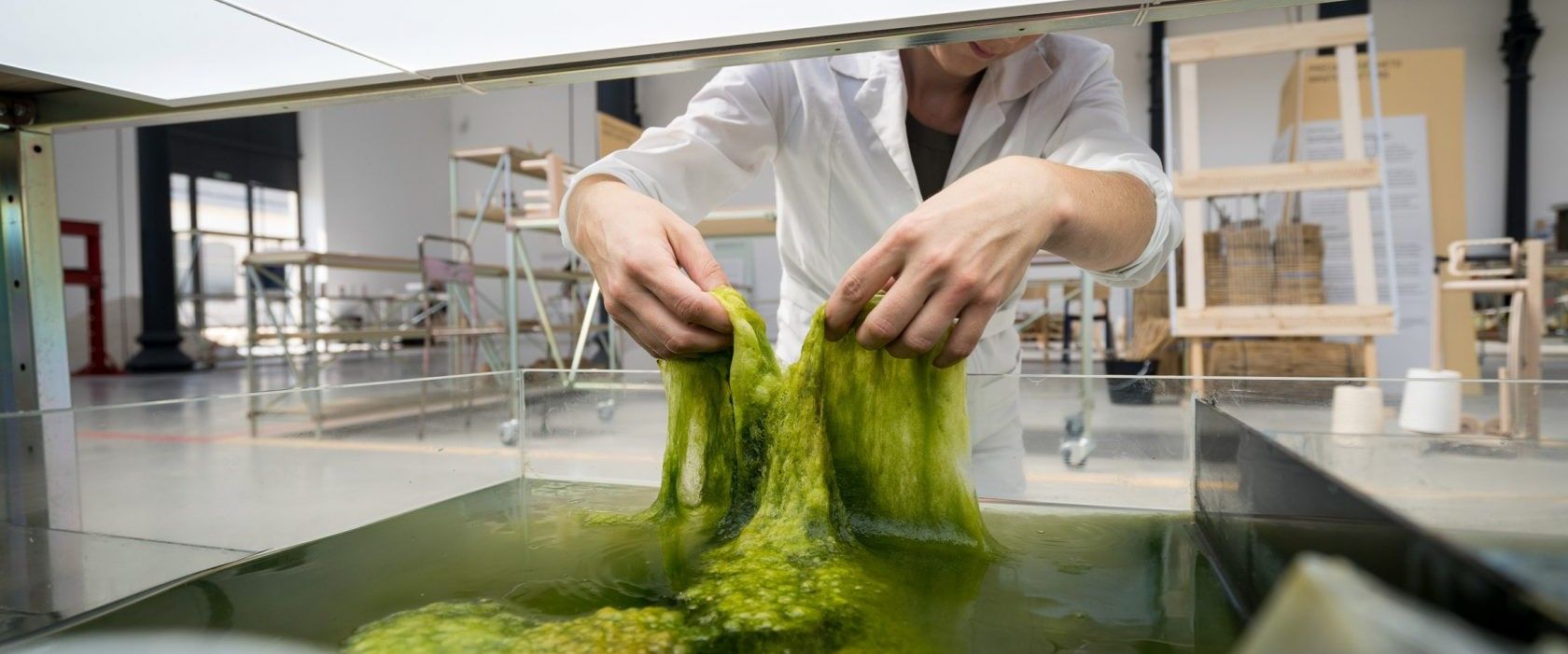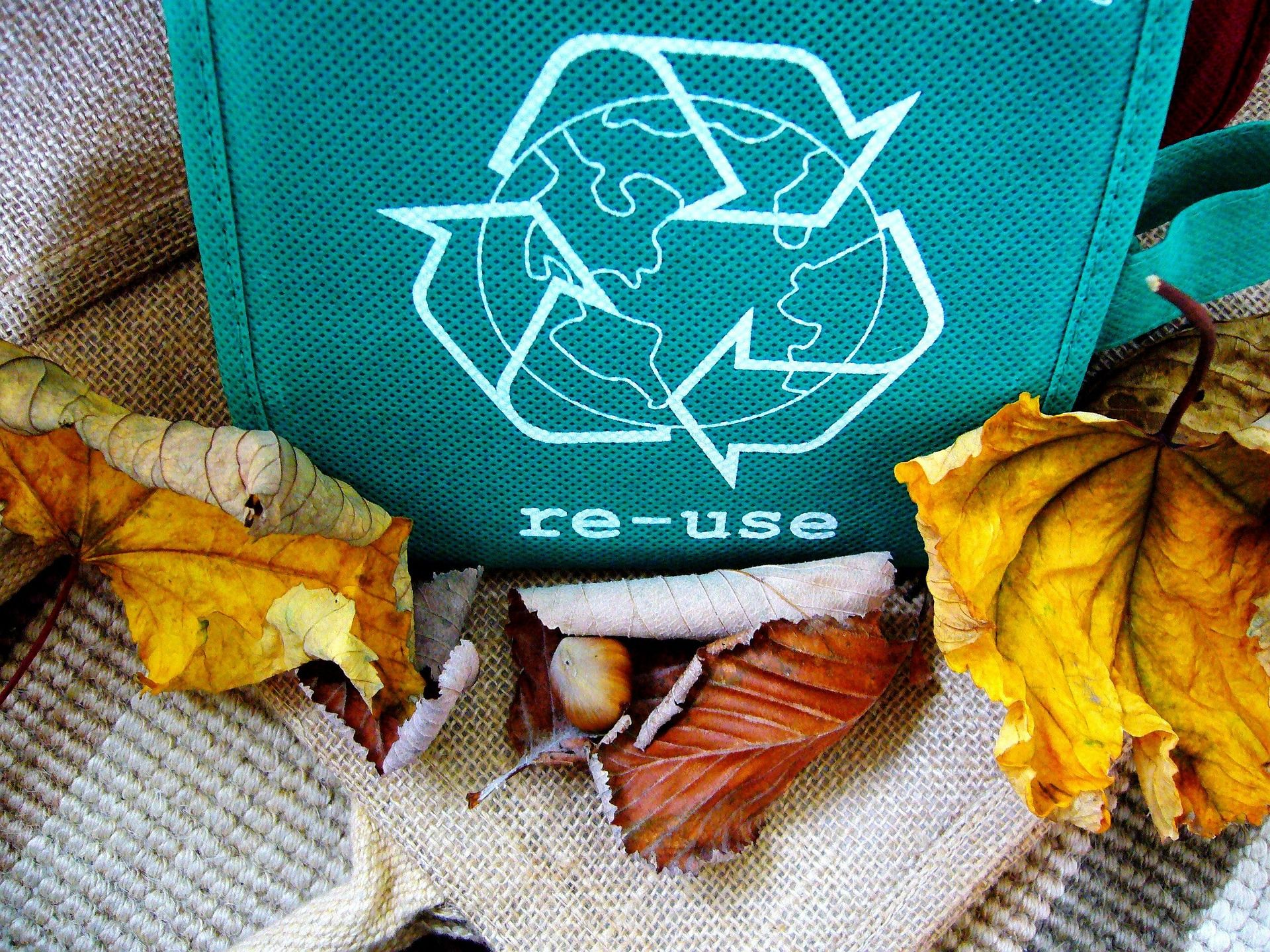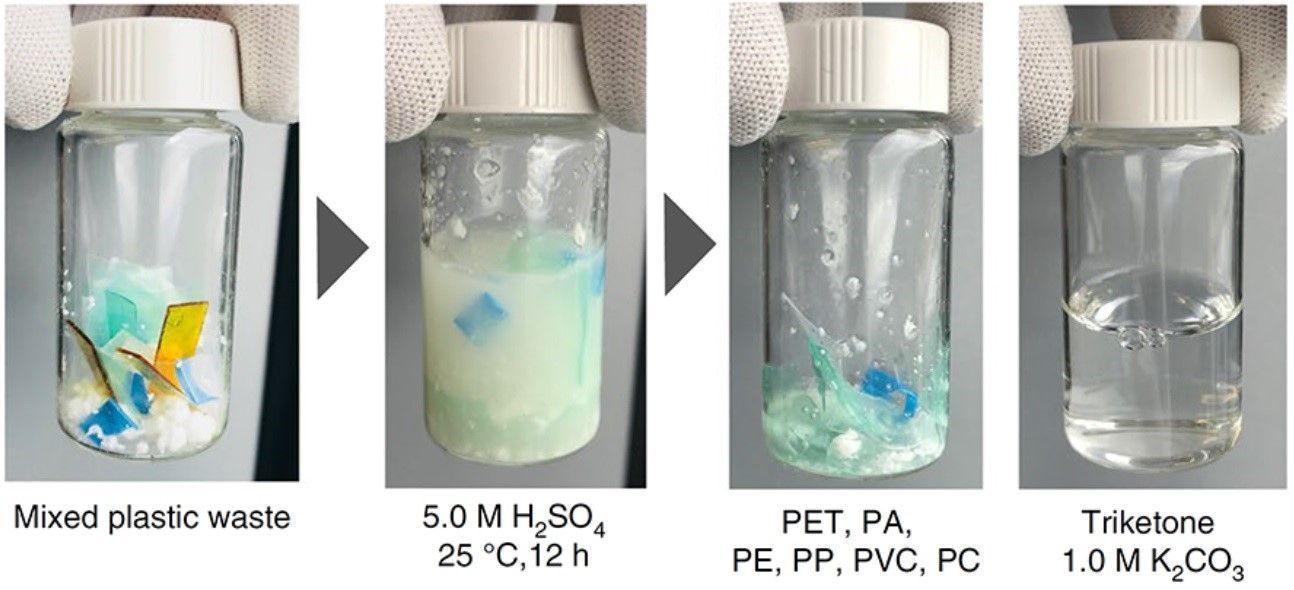Lego has now been looking for 7 years and has tested more than 200 substances in its search for a suitable bioplastic for its child-loved bricks. To date it has not been able to find the correct raw materials to create the feel and satisfying ‘click’ that petroleum can. For Lego, at least, it is hard to move beyond fossil fuels for plastic.

Much of the challenge lies in the high-specification product the company is seeking. As a Lego spokesman explained, “They must click together but be easy to pull apart, keep their color and shape across a range of temperatures, and be robust enough to not break when dropped. They must not biodegrade because they are intended to last decades and can’t contain any chemicals that might be harmful to children.”
All of which is driving up costs, as the Wall Street Journal reported in June 2019, “Lego has poured $150 million into research … experimenting with corn, wheat and sugar cane - sugar being the most promising. But it has been a frustrating journey that has resulted in just 2% of Lego products being made from plants.”

Once the logistics of using sugar cane have been factored in, many believe that attempts to replace oil in manufacturing plastic are merely vanity projects. As one reader, a senior cost accountant in distribution and logistics for factory operations, responded, “The sugar cane requires … more transit and energy, making it less [environmentally] friendly. The supply chain is longer, and the end result isn’t any more friendly. All production decisions need to be viewed from a raw material-through-end consumer process.”
But Lego is not alone in failing to find a feedstock replacement for fossil fuels in plastic manufacturing. IKEA’s attempts have so far yielded only one bioplastic product (a freezer bag), while Coca-Cola recently scrapped its target to have all of its bottles containing ‘plant-based material by 2020’. To date it has achieved a degree of success, in that some of its bottles contain 30% bio-based raw materials. But as the industry magazine Plastics Today comments, “… it couldn’t find a way to source the remaining 70%,” and so, “The company is focusing on recycling instead.”
So, should all plastics producers ignore bioplastics and look to recycled plastics to source their raw materials?
That is certainly the view of April Miles, who works for MBS Advisors, a consultancy and recruitment company for the plastics industry. In an Op-Ed piece for the journal Plastic News, Miles discussed the negative public opinion towards plastics, and suggests that as well as providing a more sustainable and economic approach to plastics, sourcing recycled plastic feedstock will also help to reduce plastic waste in rivers and oceans. As she states, “Our industry needs to do a better job of educating consumers about what can be recycled and how to properly dispose of it; and consumers need to be willing to put at least some effort into recycling. Especially now that we can see first-hand how improper disposal of plastics is damaging our planet.”

Finally asking, “If we all did our part to recycle regularly, would plastics be so bad?”
Certainly, the plastics industry has a bad reputation. But while bioplastic research may be struggling, studies into plastic recycling have made a significant breakthrough, as a team from Berkeley Lab in California have discovered a polymer that can be recycled multiple times without any loss of quality or performance.
The product is called poly(diketoenamine) or PDK, and as described in an earlier AG CHEMI GROUP article, not only is it 100% continuously recyclable, it is also a plastic that, “… can be broken-down at a molecular level and then reconstructed with new features, giving it new colour, shape, and/or texture.”

You can read more on this topic here.
However, despite this discovery, even the Berkeley team have not given up on the Holy Grail of non-fossil fuel plastics, explaining that, “A further line of research is looking into how plant-based materials could be incorporated as a raw material.”
So, is there still hope for bioplastics?
Well, according to a recent report by the industry journal Chemical Processing, engineers are edging ever-closer towards putting the plastics industry firmly inside the circular economy. Reporting in June 2019 that, “Neste, global producer of renewable diesel from waste and residues, and LyondellBasell, a large plastics, chemicals and refining company, jointly announced the first parallel production of bio-based polypropylene and bio-based low-density polyethylene at a commercial scale.”
The project was a combination of patents and resources which used Neste’s renewable hydrocarbons derived from sustainable bio-based raw materials, such as waste and residue oils, as well as LyondellBasell’s technical capabilities. In doing so the joint-initiative was able to “… successfully produce several thousand tons of bio-based plastics approved for food packaging…”.
And while, like Coca Cola, the result is not a pure bioplastic but one that third-party testers say contains, “over 30% renewable content”, what may be key is that this discovery was nurtured from a combination of energy and ideas.
Much as in recycling plastic cannot be achieved without public support, nor ocean plastic removed without a global effort, nor can bioplastics achieve its goals without uniting resources and solutions across the industry. In doing so, only then can the chemicals industry make bioplastics mainstream. Only when companies join forces can we perhaps put an end to our fossil fuel addiction. As the Chemical Processing headline states, “Collaboration Produces Bio-Based Plastic at Commercial Scale”.
Photo credit: Neste, BBC, Phys.org, ReuseCO2, Resource, & EUReporter